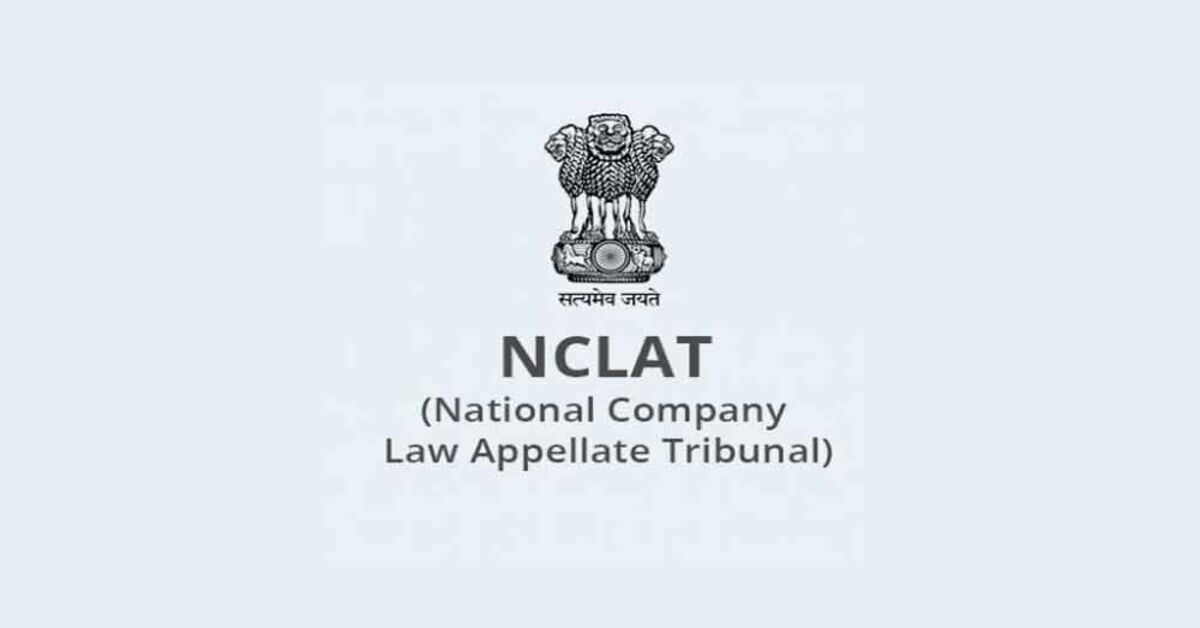Introduction
State sovereignty is a foundational principle of international law, enshrined in the Charter of the United Nations and other legal frameworks. It emphasizes the right of states to govern themselves without external interference, forming the bedrock of the international system of equal and independent states. However, the principle of sovereignty is increasingly challenged by globalization, transnational threats, and evolving norms such as humanitarian intervention and the Responsibility to Protect (R2P). This article examines the concept of state sovereignty, the principle of non-intervention, and the tensions between traditional notions of sovereignty and contemporary international legal developments.
The Concept of State Sovereignty
Sovereignty refers to the authority of a state to exercise supreme control over its territory, population, and affairs. It encompasses two key dimensions:
- Internal Sovereignty: The authority of a state to govern within its borders, including making laws, maintaining order, and managing resources.
- External Sovereignty: The recognition of a state’s independence and equality in the international community, including the right to conduct foreign relations and protect its interests.
The principle of sovereignty is codified in Article 2(1) of the UN Charter, which states, “The Organization is based on the principle of the sovereign equality of all its Members.”
The Principle of Non-Intervention
The principle of non-intervention prohibits states from interfering in the internal or external affairs of other states. This principle is enshrined in Article 2(4) of the UN Charter, which prohibits “the threat or use of force against the territorial integrity or political independence of any state.”
Non-intervention extends to various forms of interference, including:
- Military intervention.
- Political coercion, such as support for regime change.
- Economic measures that undermine a state’s sovereignty.
- Cyber operations targeting a state’s critical infrastructure.
Tensions Between Sovereignty and International Norms
While sovereignty remains a cornerstone of international law, it is increasingly challenged by competing principles and norms:
- Humanitarian Intervention: The use of force to prevent or stop gross human rights violations, such as genocide or ethnic cleansing, often conflicts with the principle of non-intervention. Examples include NATO’s intervention in Kosovo (1999) and debates over intervention in Syria.
- Responsibility to Protect (R2P): This norm, endorsed by the UN in 2005, asserts that states have a responsibility to protect their populations from genocide, war crimes, ethnic cleansing, and crimes against humanity. When a state fails to do so, the international community may intervene, raising questions about the limits of sovereignty.
- Globalization and Transnational Issues: Challenges such as climate change, pandemics, and terrorism require collective action, often necessitating compromises on sovereignty.
- Sanctions and Economic Coercion: Unilateral sanctions, such as those imposed by the United States on Iran and North Korea, highlight tensions between state sovereignty and efforts to enforce international norms.
Case Studies
- Russia’s Annexation of Crimea (2014): Russia’s actions in Crimea violated Ukraine’s sovereignty and territorial integrity, sparking widespread condemnation and sanctions. The case underscores the importance of sovereignty in maintaining international order.
- Intervention in Libya (2011): The UN-authorized intervention in Libya, based on R2P, aimed to protect civilians from the Gaddafi regime. While initially successful, the intervention’s aftermath highlighted the challenges of balancing sovereignty with humanitarian objectives.
- Cyber Interference: Allegations of state-sponsored cyberattacks, such as Russia’s interference in the 2016 U.S. presidential election, raise questions about how sovereignty applies in cyberspace.
Legal Frameworks Governing Sovereignty and Non-Intervention
International legal frameworks aim to balance state sovereignty with emerging norms and collective responsibilities. Key instruments include:
- The UN Charter: Establishes the principles of sovereignty, non-intervention, and the prohibition of force.
- International Court of Justice (ICJ): Adjudicates disputes involving sovereignty and non-intervention.
- Regional Frameworks: Instruments such as the African Union’s Constitutive Act provide for intervention in cases of grave human rights violations.
Challenges to these frameworks include:
- Selective Enforcement: Powerful states often bypass or manipulate international norms to serve their interests.
- Ambiguity in Application: The lack of clear criteria for intervention under R2P and humanitarian intervention leads to inconsistent implementation.
- Technological Advances: The rise of cyber warfare and artificial intelligence creates new dimensions of sovereignty and intervention.
Toward a Balanced Approach
To address the tensions between sovereignty and international norms, the international community must:
- Strengthen Multilateralism: Enhance the role of the UN and regional organizations in mediating conflicts and addressing transnational issues.
- Clarify Norms: Develop clear guidelines for humanitarian intervention and R2P to ensure consistency and legitimacy.
- Promote Dialogue: Foster understanding and cooperation among states to reconcile sovereignty with global responsibilities.
- Adapt Legal Frameworks: Update international law to address emerging challenges, such as cyber operations and climate change.
Conclusion
State sovereignty and the principle of non-intervention remain central to the international legal order. However, evolving global challenges necessitate a reexamination of these principles to ensure they remain relevant and effective. By fostering dialogue, strengthening legal frameworks, and balancing competing norms, the international community can uphold the values of sovereignty while addressing the complexities of a globalized world.














